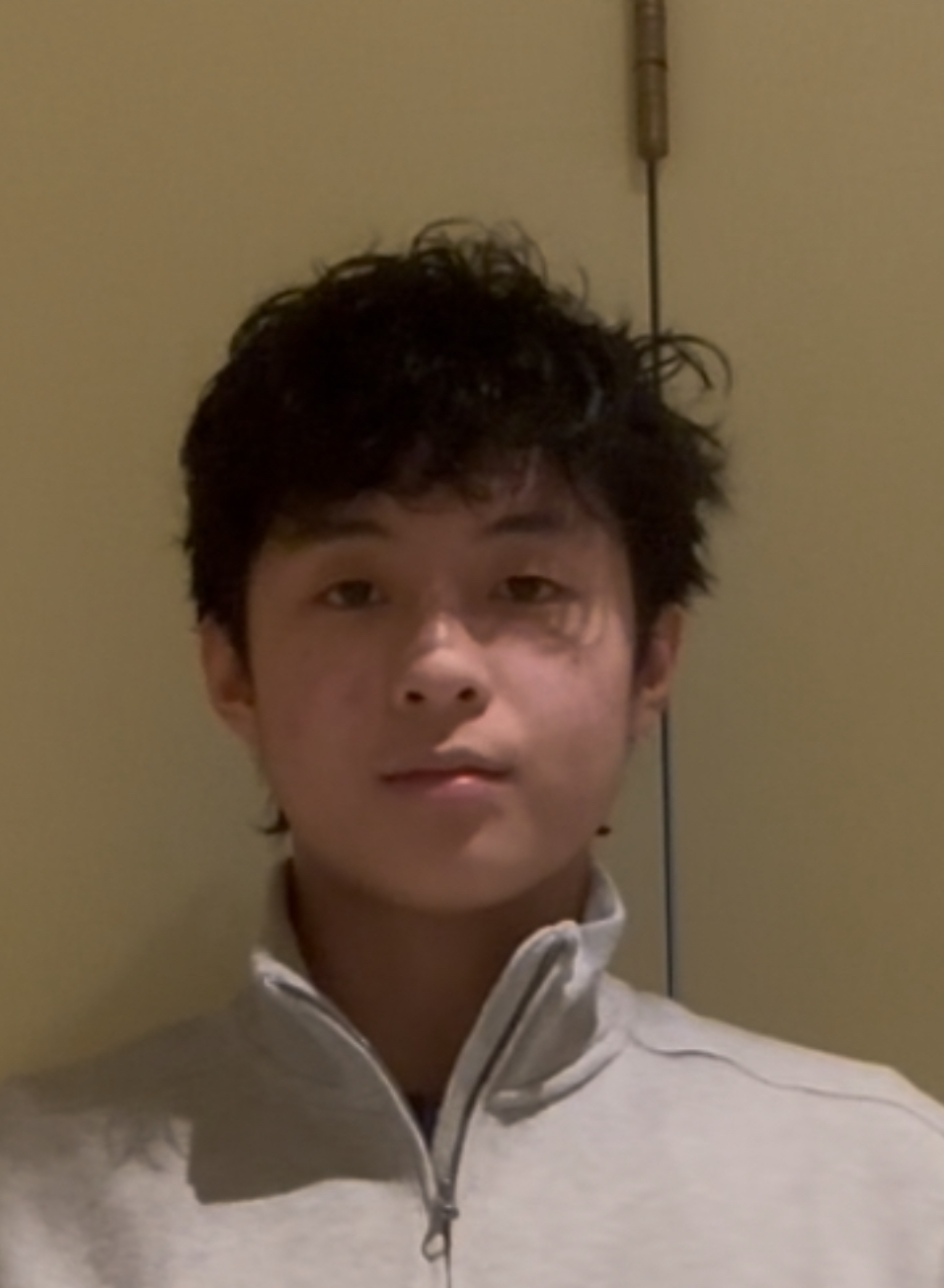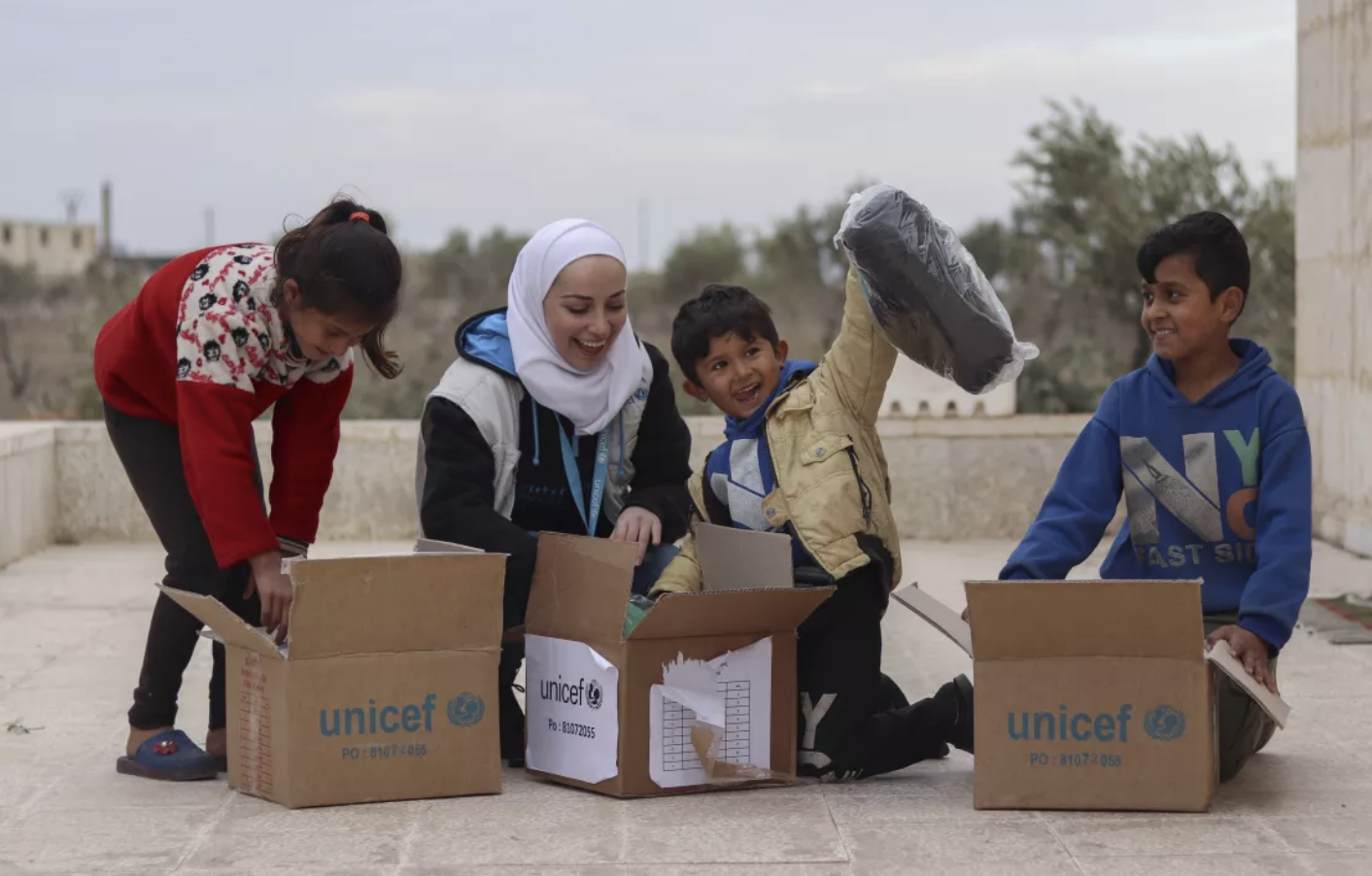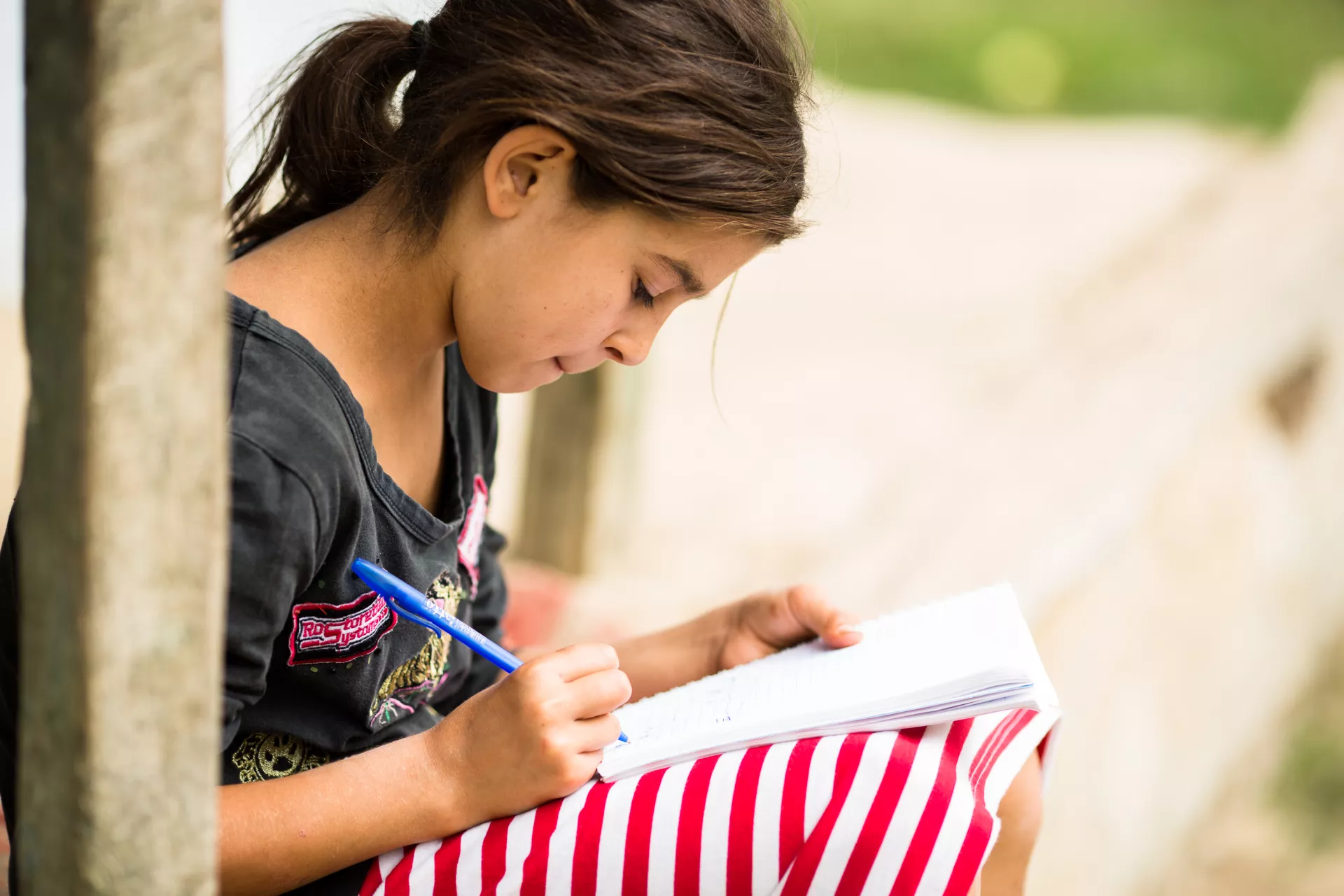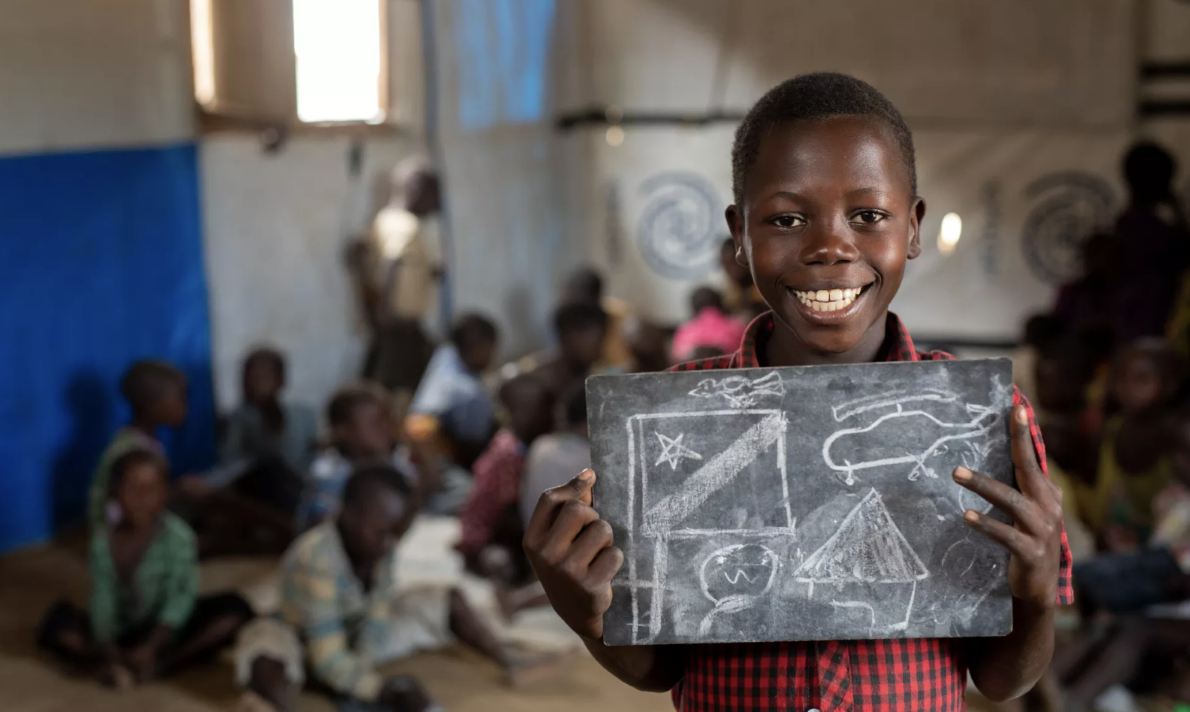Learning Loss and Mental Health
The Hidden Crisis Facing Children in Wealthy Countries
While global attention often focuses on conflicts and disasters, a quieter crisis is unfolding in some of the world's richest nations. Children are grappling with significant setbacks in education, mental health, and physical well-being—issues intensified by the COVID-19 pandemic and ongoing systemic challenges. This article sheds light on these pressing concerns, supported by recent data and reports.
Declining Mental Health and Well-being
Mental Health Crisis in Wealthy Nations
Despite economic prosperity, children in wealthy countries are experiencing unprecedented mental health challenges. The statistics reveal a troubling pattern that demands immediate attention.
In Ireland, despite ranking first globally in academic performance, nearly one in three 15-year-olds reports dissatisfaction with life, placing the country 24th in adolescent mental well-being among 43 OECD and EU nations. The youth suicide rate in Ireland stands at 6.4 per 100,000, surpassing the international average.
The COVID-19 pandemic has exacerbated mental health issues among adolescents, with increased reports of anxiety, depression, and feelings of unhappiness.
Academic Setbacks and Learning Loss
The Learning Crisis in Numbers
Decline in reading comprehension in Spain
10-year-olds unable to understand simple text globally
Pre-pandemic learning poverty rate
Countries implementing recovery strategies
Average learning loss during pandemic closures
Students affected by school closures worldwide
School closures during the pandemic led to significant learning losses. In Spain, reading comprehension among students fell by 11%, and 30.9% of minors are now overweight. Globally, learning poverty has increased, with 70% of 10-year-olds in low- and middle-income countries unable to understand a simple written text, up from 57% pre-pandemic.
Less than half of countries are implementing learning recovery strategies at scale to help children catch up.
Rising Inequalities
The Digital Divide and Educational Inequality
Children from low-income families face greater obstacles in accessing quality education and healthcare. The digital divide has hindered equal participation in remote learning, exacerbating existing inequalities.
In the Netherlands, a study found that children from lower-educated and poorer parents experienced less learning gains in reading, spelling, and math compared to their wealthier peers during the pandemic.
Physical Health Concerns
An increase in sedentary lifestyles during lockdowns has led to a rise in childhood obesity rates. In Ireland, over a quarter of youth are overweight or obese, increasing psychological and physical stress.
Limited access to recreational activities and sports has impacted children's physical development and health, creating long-term consequences for their overall well-being.
UNICEF's Response
Mental Health Support
Implementing programs to provide psychological support and counseling services for children and adolescents in wealthy countries facing hidden crises.
Educational Initiatives
Developing resources and strategies to mitigate learning losses and support teachers and students in adapting to new learning environments.
Advocacy
Working with governments to prioritize children's needs in policy-making and recovery plans, ensuring no child is left behind.
How You Can Support UNICEF
By taking these actions, we can collectively address the hidden crisis affecting children in wealthy countries and ensure they have the support and resources needed to thrive.
🔍 THE HIDDEN CRISIS NEEDS ATTENTION
Children in wealthy countries deserve the same attention as those in crisis zones. Their struggles are real, and their futures depend on our action today.



